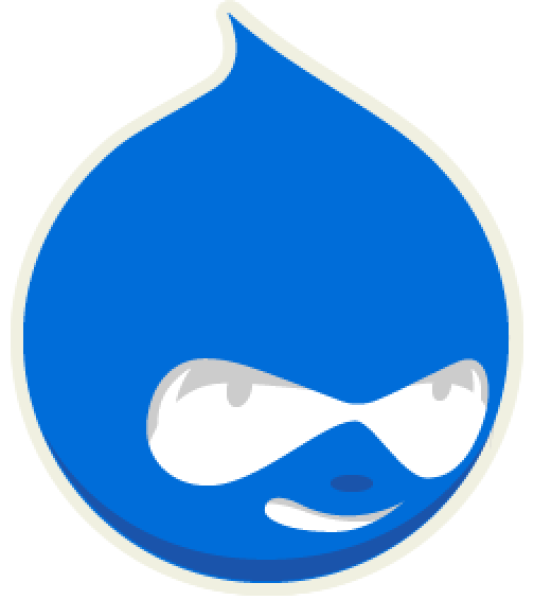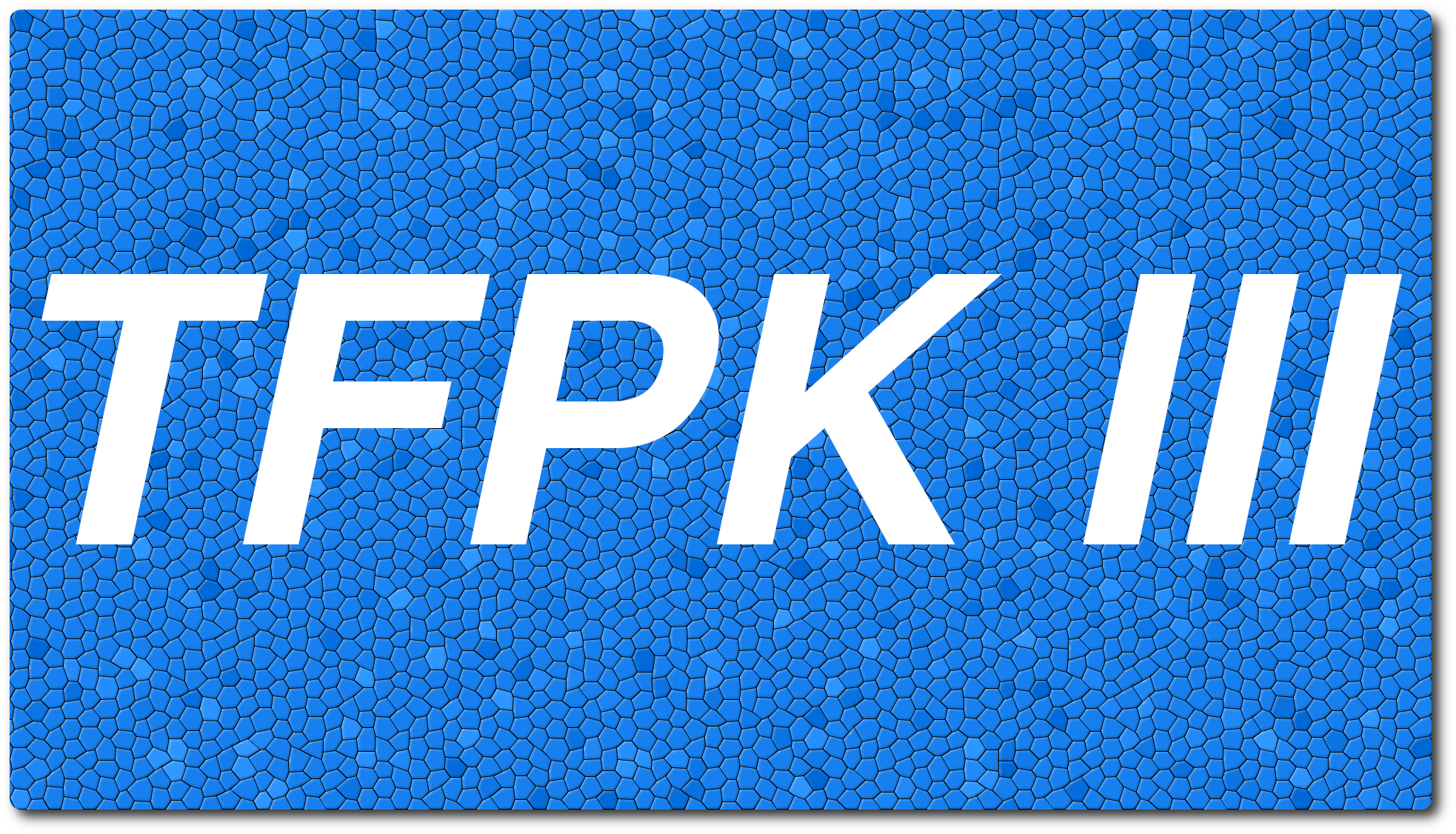
The (thankfully) delayed End of Life (EoL) for the decade old Drupal 7 code base happens at the end of November 2022, extended from November 2021. This presents a conundrum for the potentially over 500,000 sites that use D7 as their platform. While the focus of the core Drupal team is to have as many of us as possible migrate to Drupal 9, this may not always be the best choice for the folks running those sites.
Drupal 8 and 9 contain significant changes to the architecture of the platform. If Drupal used for simply site building with minimal customization, migrating to the new platform is a lot less challenging. But I would guess that there are a LOT of sites which contain custom modules for adding functionality to our sites. After all, this is what makes Drupal so attractive - a solid framework to build custom sites that work. With the migration to the Symfony PHP framework, many of us with custom modules wonder if the learning curve for the new framework is worth it.
There is the added factor, in my opinion, at least, that D8/9 are focused more on Enterprise organizations than the smaller and medium sized users of D7. The newer Drupal code is great, but seems more geared to those with resources and needs than the average D7 site might have. This could be one of the impediments for individual site maintainers migrating.
So, what are the options those of us with D7 sites should be looking at over the next year?
- Migration to D9, where possible. Drupal core has released tools to try and lessen the technical burden. With these tools, the site manager/developer can manage data migration, confirm the availability of needed contributed modules migrated to the new platform, and sniff out code updates needed in custom modules. These are all useful, but the resources needed to complete this may be a stretch for smaller organizations.
- Side migrate to Backdrop CMS. As many in the community probably know, Backdrop is a fork of Drupal 7. Those who have worked a lot with D7 will be familiar with the core of this platform. Most D7 modules can be migrated with only a few modifications - in fact a lot of the widely used D7 contributed modules already have a Backdrop version. The major changes are in the configuration management, moving it out of the database and into separate files. More changes on the site building admin side have been added to make page display variations a lot more friendly, again, similar to the D8 changes. All of this is a lot more light weight that a full D8/9 migration and Backdrop has a roadmap and community similar to Drupal (in some cases crossing over)>
- Drupal 7 Extended Support. The Drupal core security team has qualified a number of vendors who will provide security and core updates. These services vary in price and structure, but will provide the service needed to maintain D7 site security through at least November 2025. I know from experience that Pantheon.io, for example, will include extended support sites hosted on their service. This doesn't really solve the problem, just gives us more time to assess our options
- Migrate to another CMS. While this may be an option for some, the cost in time and resources make it the least attractive, at least to me. Drupal has me spoiled by the flexibility of its architecture and the platform it provides for building better sites. It might be an option if the site needs tools that Drupal doesn't provide or the owner wants to migrate to a different code base, but most are likely to see this as even harder than a D8/9 migration.
We have a little over a year to figure out what options work best for our sites and site owners. I know in the sites I help manage, we will probably use some variation of the first three options - I've already migrated on client site to Backdrop and was pleasantly surprised by the results. Another site will probably live on Pantheon ES as it is much more complex and needs time to migrate a number of custom modules and APIs. A third has a slightly complex build, but uses services more geared to a D8/9 framework. Like many others, it's going to be a year of study and assessment to figure out what works best for each site.
- Log in to post comments
